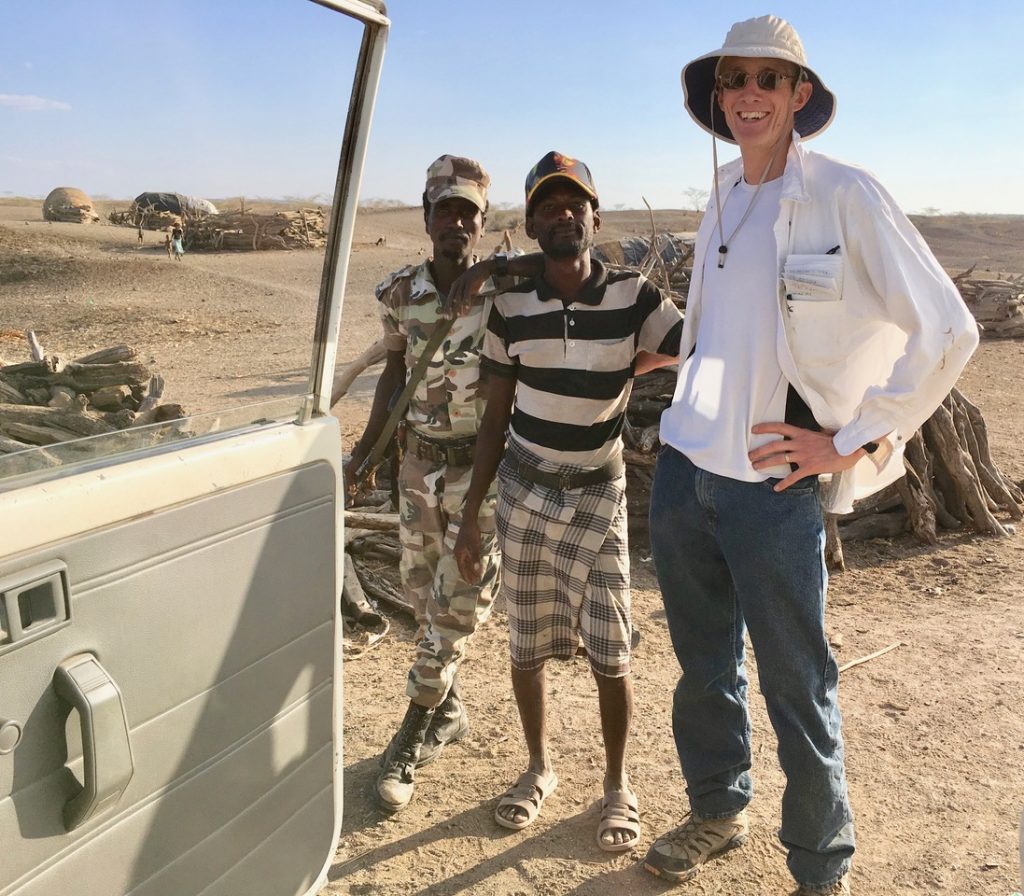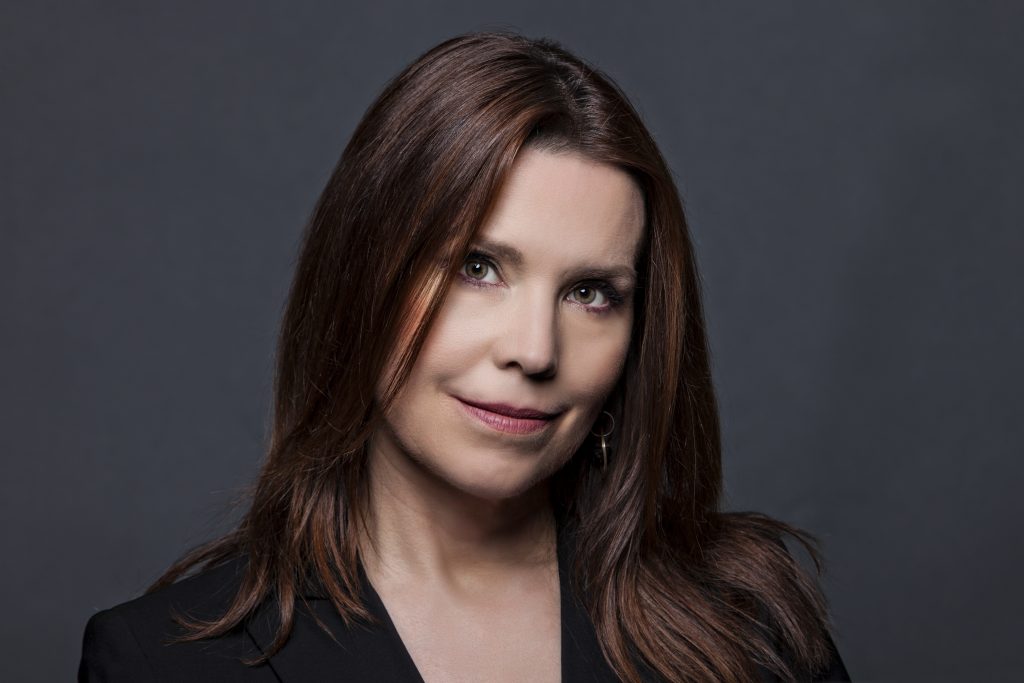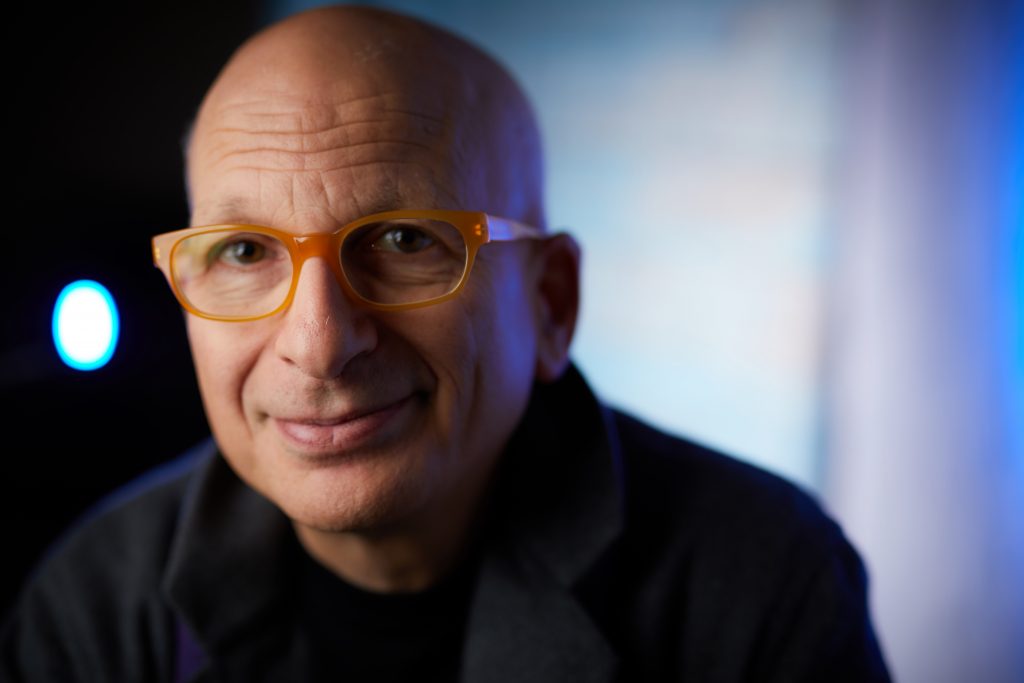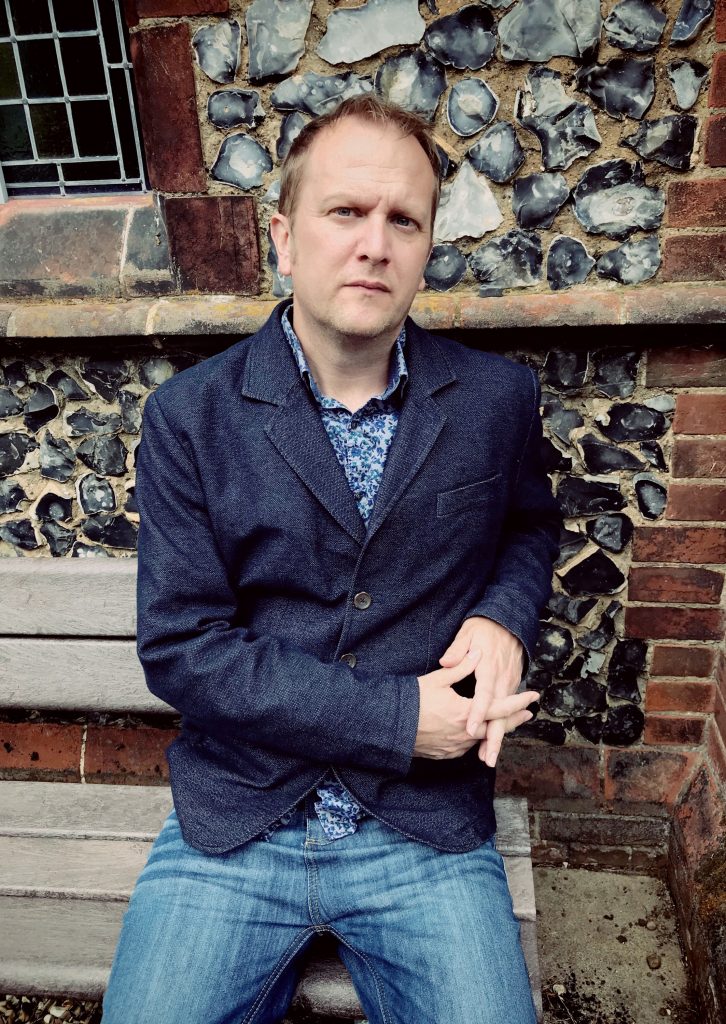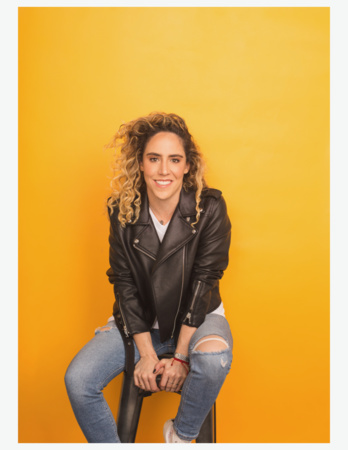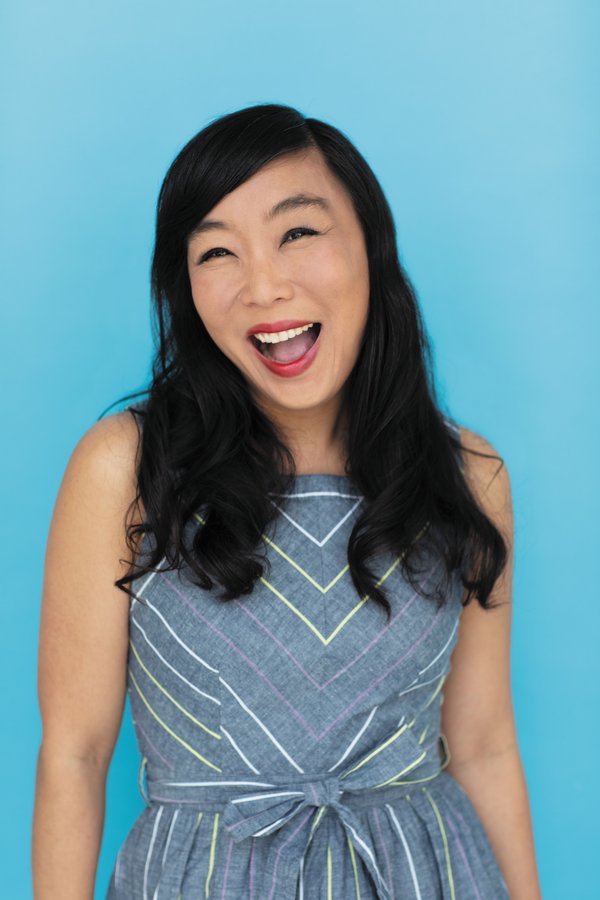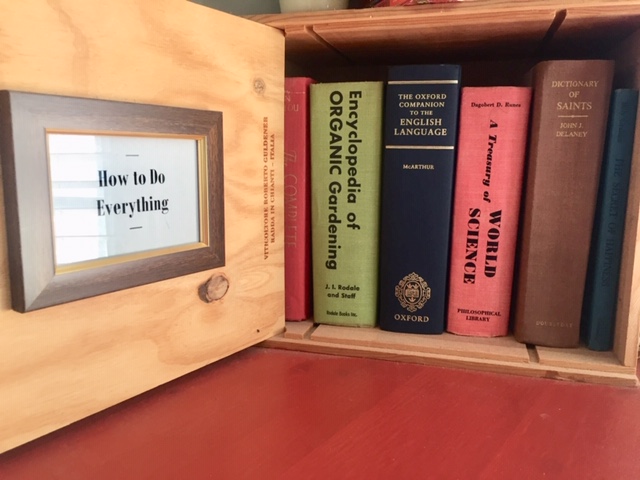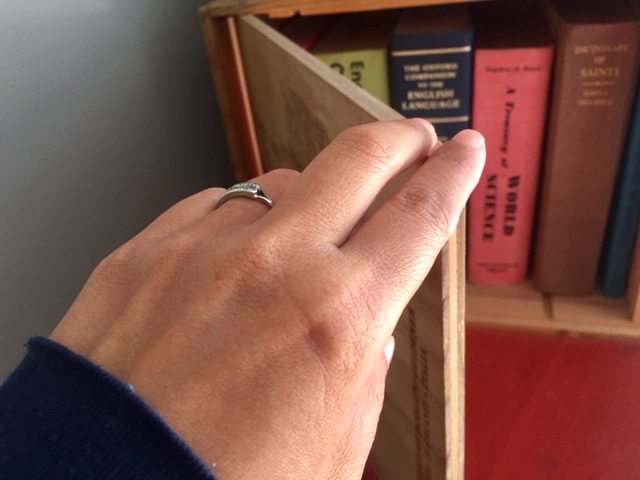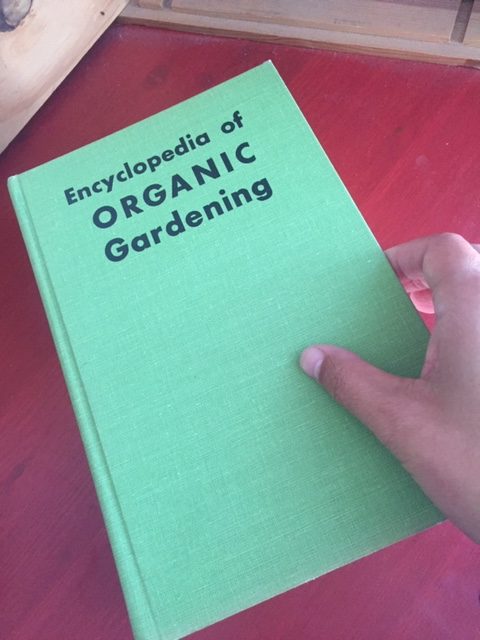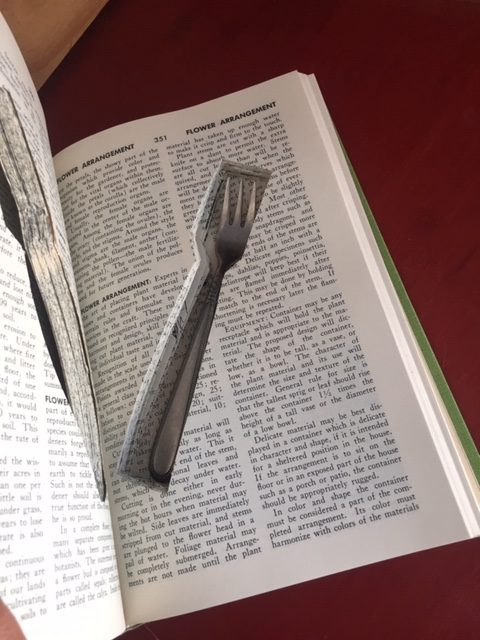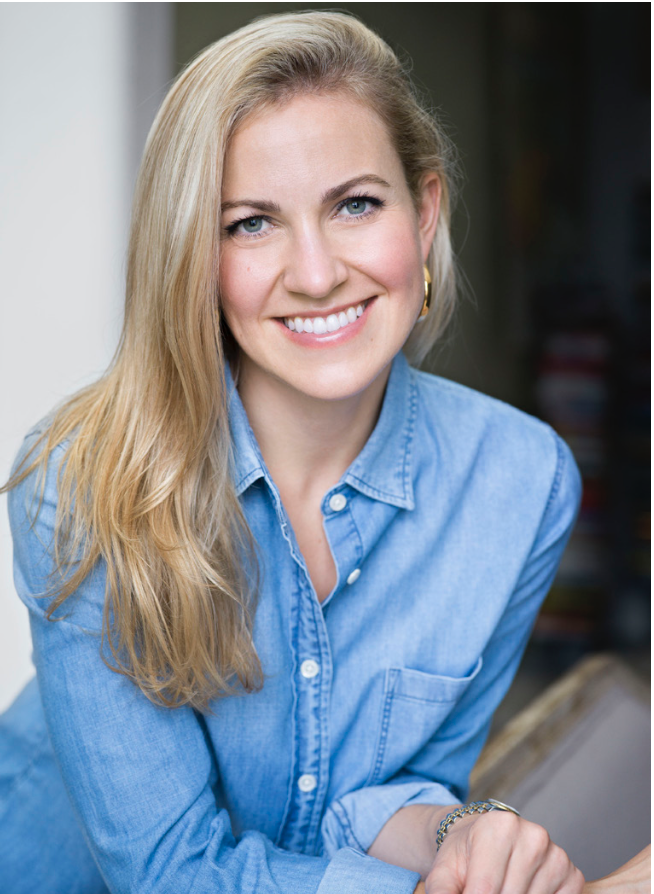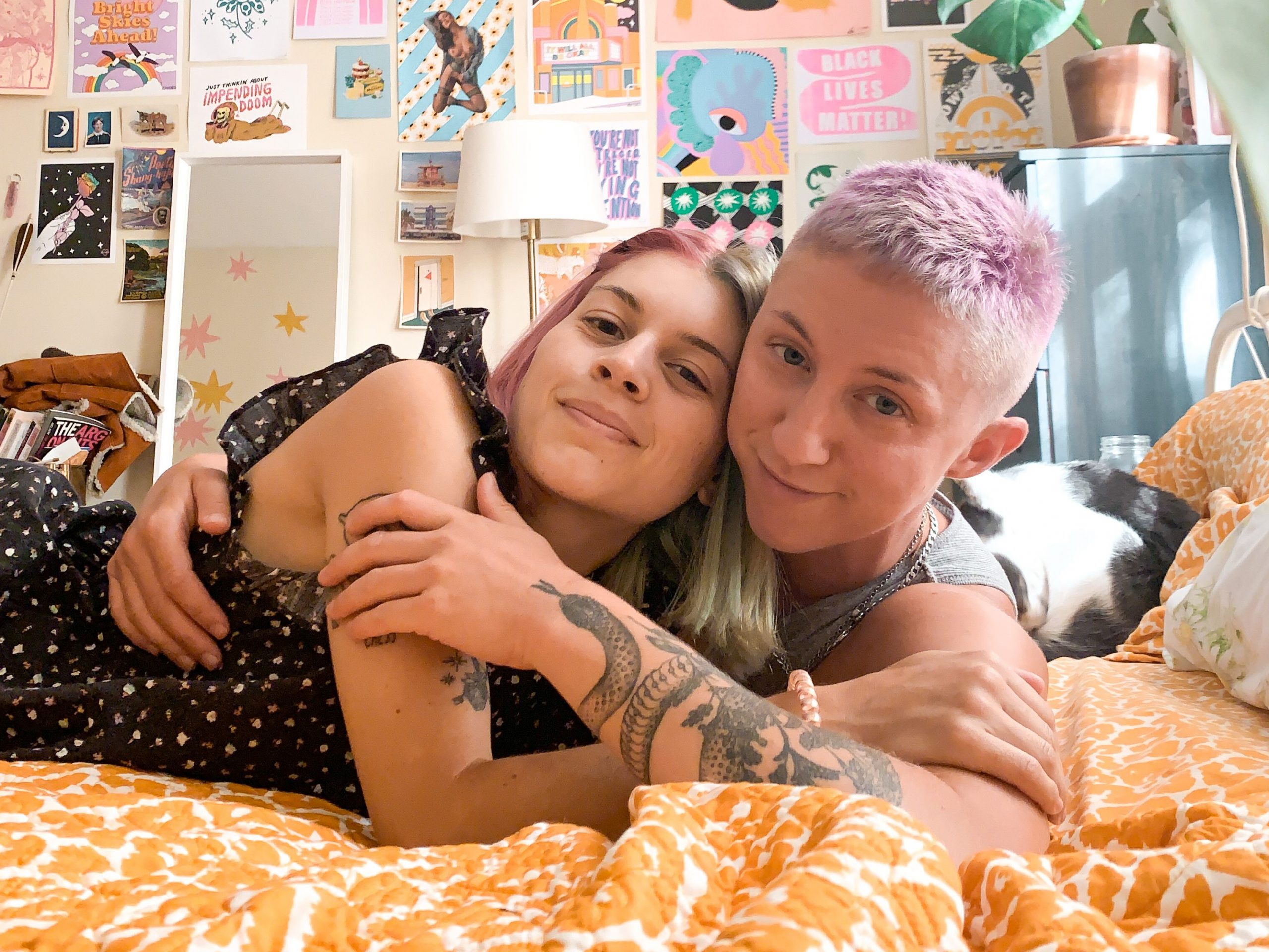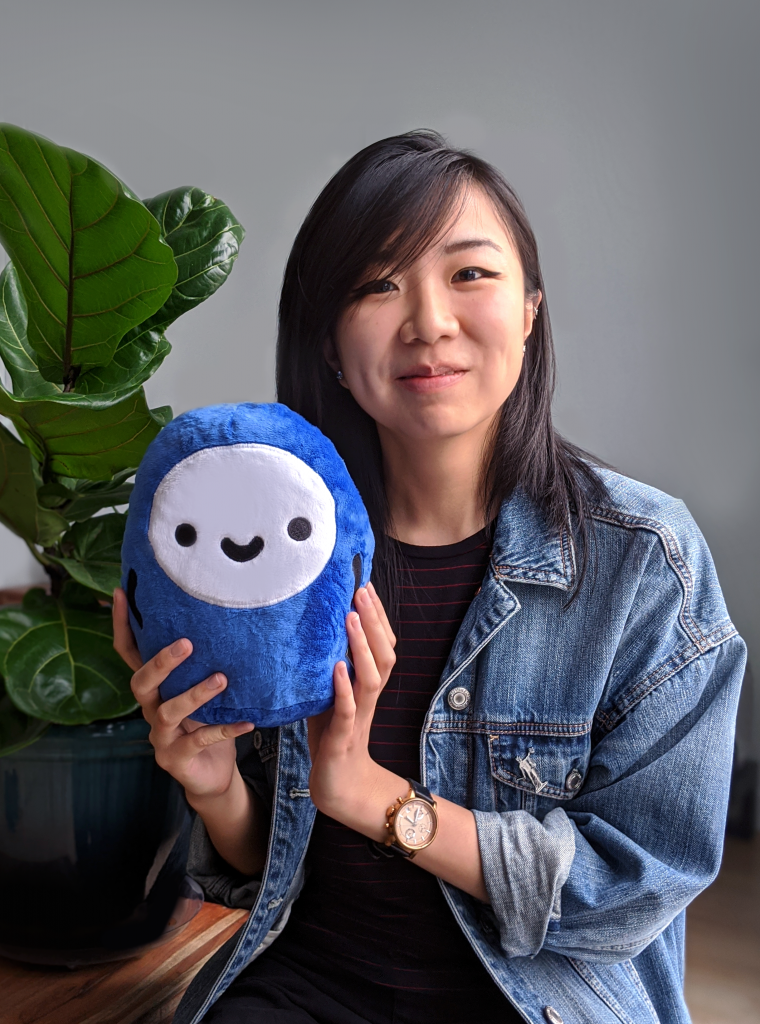
Meichi Ng is the genius behind Barely Functional Adult, her wildly popular web comic. Her first book is … Barely Functional Adult: It’ll All Make Sense Eventually (Harper Perennial).
I can’t speak highly enough about it. It’s hilarious and heartfelt.
In this episode we chat about:
- Holding onto positive thoughts in a negative world
- The scary nature of hitting publish
- Her comic workflow
- Balancing images and prose and lots more
You can now become a Patreon member of the CNFin’ community. I have four tiers of membership and if you do the math on the BIG tier, it’s actually a killer deal.
Becoming a member supports the podcast, supports the audio mag, grants you exclusive content, transcripts, and access to me as an editor and coach. Every dollar goes into producing the show and leading to more creative independence, which means I can make more cool stuff for you.
I know it’s a big ask, but I figure it’s better than a tip jar as you’ll get some cool stuff in exchange for your membership.
Keep the conversation going on social media @CNFPod and consider leaving a kind review on Apple Podcasts. They help with the packaging of the show. If you can’t or don’t want to leave one on Apple, you can email me a review and I’ll read it on air and use it as I court sponsors.
Don’t forget to subscribe to the free monthly newsletter where I share reading recommendations, articles, blogs, and what you might have missed from the world of the CNFin’ podcast. First of the month. No spam. Can’t beat it.
